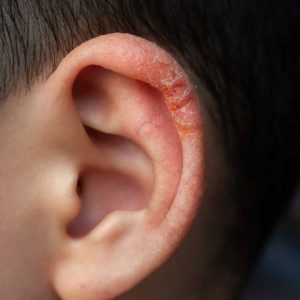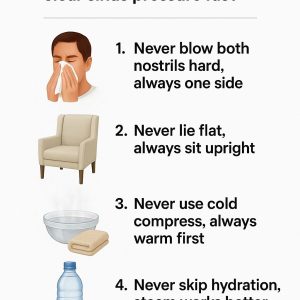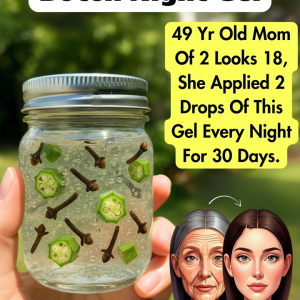
Chin hair in women is a common yet often misunderstood concern. While it can be a source of distress for some, understanding the underlying causes is crucial for appropriate management. This article delves into the various factors that contribute to chin hair growth in women and what they signify about one’s health.
Understanding Chin Hair in Women
Facial hair in women, particularly on the chin, is usually fine and light-colored. However, for some, it can become coarser and more noticeable due to various factors. Understanding these factors is the first step towards managing and treating unwanted chin hair.
Hormonal Imbalances and Their Impact
Hormones play a vital role in body hair regulation. Androgens, typically considered male hormones, are present in women in smaller amounts. An imbalance in these hormones can lead to increased hair growth on the chin and other parts of the body.
Genetics and Familial Traits
Genetics can greatly influence the amount and texture of hair growth. If female relatives have experienced similar patterns of hair growth, it’s likely due to inherited genetic traits.
Medical Conditions Linked to Chin Hair
Certain medical conditions are closely linked to excessive or unusual hair growth in women. Identifying these conditions is essential for proper diagnosis and treatment.
Polycystic Ovary Syndrome (PCOS)
PCOS is one of the most common causes of excessive hair growth in women. This condition leads to an imbalance in reproductive hormones, resulting in symptoms like irregular periods, acne, weight gain, and increased hair growth, particularly on the face and chin.
Adrenal Disorders
Disorders of the adrenal glands, such as Cushing’s syndrome, can cause an overproduction of cortisol and androgens. These hormonal changes can lead to an increase in facial hair growth.
Thyroid Conditions
Hypothyroidism and hyperthyroidism can affect hair growth due to the overall impact of thyroid hormones on the body’s metabolic processes. Such imbalances can lead to changes in hair texture and distribution, including on the chin.
Age and Menopause
As women age and approach menopause, there is a natural decline in estrogen levels and relative increase in androgens. This hormonal shift can lead to new or increased facial hair growth, including on the chin.
Medications and Their Side Effects
Some medications can cause unwanted hair growth as a side effect. These include certain steroids, hormonal treatments, and medications used to manage epilepsy and other conditions.
The Role of Androgens
Androgens are the primary hormones responsible for male traits and reproductive activity. In women, high levels of androgens can lead to hirsutism, characterized by excessive hair growth in areas such as the chin.
Diagnosis and Medical Consultations
If you notice a sudden increase in chin hair or other symptoms associated with hormonal imbalance, it’s crucial to seek medical advice. A healthcare provider can perform necessary tests to determine the underlying cause and suggest appropriate treatments.
Treatment Options Available
Treatment options vary depending on the underlying cause of hair growth. These can include hormonal therapies, medications like anti-androgens, and procedures such as laser hair removal or electrolysis.
Lifestyle and Home Remedies
For those with less severe cases, lifestyle changes and home remedies can be quite effective. These might include dietary adjustments, regular exercise, stress management techniques, and natural hair removal methods.
When to See a Doctor
It’s essential to consult a healthcare provider if you experience sudden hair growth, alongside other symptoms like menstrual irregularities, rapid weight gain, or severe acne. Early diagnosis and intervention can prevent complications.
Conclusion
Chin hair in women can result from a variety of factors, ranging from hormonal imbalances and medical conditions to genetic traits. Understanding these causes is crucial for appropriate management and treatment. If excessive hair growth is a concern, seeking medical advice is the best step towards finding a solution tailored to your individual needs.




